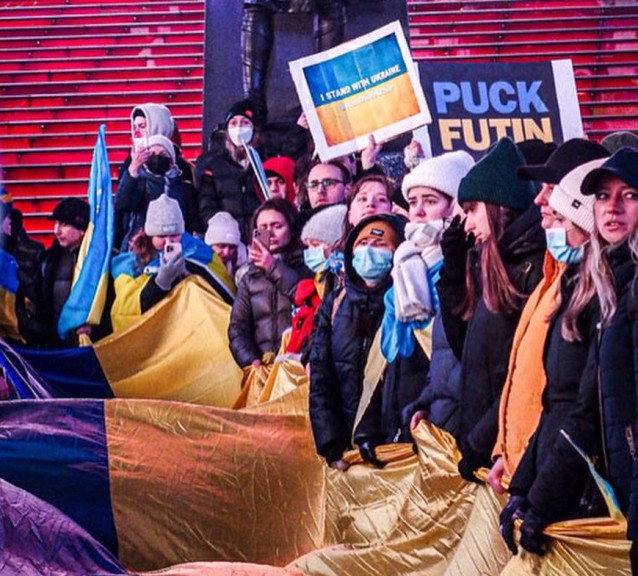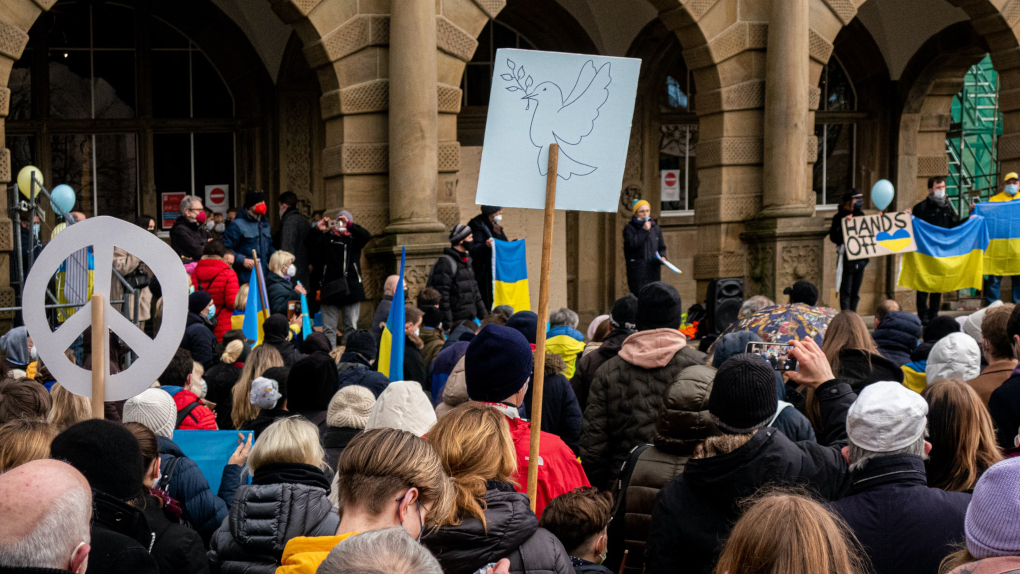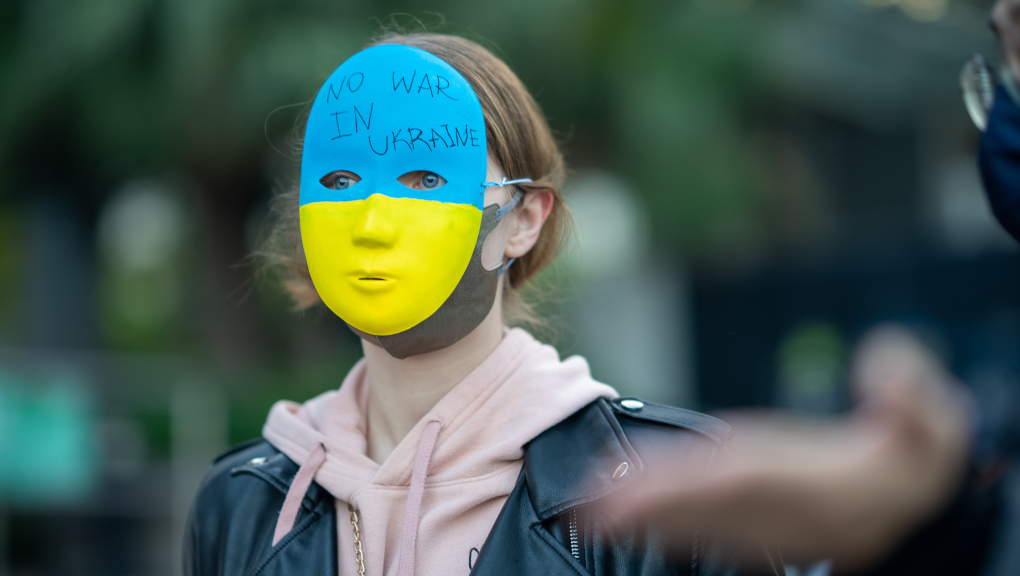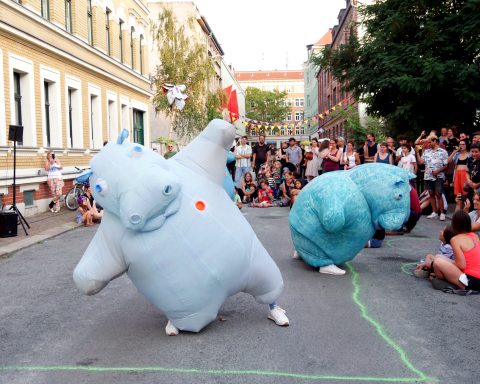On 28 February, Chancellor Scholz announced the creation of a special €100bn fund to support the Bundeswehr. He also committed to raising Germany’s military spending to 2% of its GPD. This is a 35% overnight increase, and he proposed enshrining this figure in the constitution. The decision was applauded by Bundestag members and political commentators alike.
I am alarmed by the broad consensus on this deeply misguided decision.
Budget announcements will do nothing to help the Ukrainian people or alter the course of the war. They are sure, however, to add fuel to a dangerously burning fire. Further provoking the unhinged leader of a country armed with 6,000 nuclear weapons on maximum alert. A leader who has long said he felt threatened by an excessively powerful NATO. Scholz is taking huge risks without any possible upside. It’s not just the timing that is disastrous.
The very logic of increasing military spending to increase security is flawed.
The western hemisphere spent double on the military in 2020 than in 2000 in constant dollars. Is the world safer for it? The main effect of increased military spending is to induce adversaries to increase their own. This results in a more expensive and more dangerous security environment for all actors.
The raison d’être of a constitution is to provide stability and continuity in times of crisis. The proposal to modify it in the midst of a major geopolitical crisis—when bombs are dropped and tempers are flaring—is dangerous. A rushed decision would bind governments for decades to come.

€100 billion decided overnight! This is the amount needed to upgrade Germany’s electricity grid to meet the demands of the energy transition… By 2050. It is also more than global climate finance, and only 25% less than total foreign aid last year. That’s right: the German government just found 75% of the amount paid in foreign aid to the entire developing world last year.
Military spending is notoriously inefficient due to monopoly effects, lobbying, and corruption.
Funds are urgently needed to address the climate crisis, pandemics, and other global emergencies. The prospect of throwing an additional €20bn at the military industry every year going forward is deeply disturbing.
Leading US diplomat George Kennan wrote about NATO expansion in 1998, as quoted by NYT columnist Thomas Friedman:
“… it is the beginning of a new cold war. I think the Russians will gradually react quite adversely and it will affect their policies. I think it is a tragic mistake. There was no reason for this whatsoever. No one was threatening anybody else. […] Of course there is going to be a bad reaction from Russia, and then [the NATO expanders] will say that we always told you that is how the Russians are — but this is just wrong.”
The Ukraine war is unquestionably Putin’s.
However, some saw it coming long before the man rose to the Russian presidency. The problem with European security was not, and still is not, the weakness of Germany’s military.
If NATO expansion after the collapse of the Soviet Union was a “tragic mistake”, how will history remember Germany’s newfound—and unquestioned—embrace of militarism? What problem will Scholz’s billions solve—and what problems will they create?
Dr. Matteo Smerlak
President, The Global Peace Dividend Initiative










